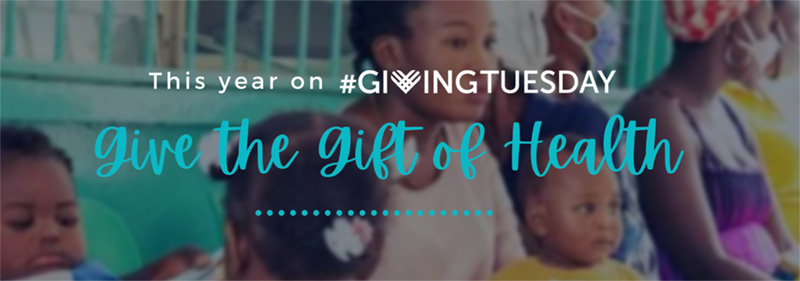C2C is celebrating World Sexual Health Month by introducing our newest initiative: a sexual and reproductive health education program targeting young women in Haiti who are vulnerable to adolescent pregnancy and subsequent poverty. This after-school course will cover a variety of sexual health topics and address myths about sexuality and gender that are prevalent in Haiti, giving girls the tools they need to prevent early, unwanted pregnancies and STIs and to feel empowered in their bodies and their relationships with others.
Before we begin to implement this program, we first need to assess the needs, thoughts, and opinions of the different communities in which we work. Sex education is not commonly offered in Haiti, especially not in classrooms and definitely not in rural areas. Our approach to combine a participatory approach with the view to community ownership is community capacity building, which is an essential approach for health promotion. We interviewed key community leaders, pastors, priests, school directors, and teachers, as well as parents of adolescent girls. We also consulted with some of our staff members who have been working in these communities for a long time. We asked them questions about problems young girls face in their communities, the consequences of the lack of sex education, and about their fears or objections to the implementation of this program.
We learned a lot from our interviews that helped inform our curriculum make-up. Young girls today face multiples challenges and all groups we interviewed believe that they could greatly benefit from having better access to sex education classes. Not only is this topic not discussed in classrooms, it is also avoided at home. Many parents are afraid that talking about such subjects will actually motivate their children to engage in sexual behaviors, but this has been disproven according to a position paper published in the Journal of Adolescent Health. Parents often aren’t sure how to approach their children to discuss subjects related to sex and sexual health and they typically don’t have the facts to guide the conversation. Since most mothers in Haiti typically have kids at a young age, they don’t have much information about the menstrual cycle or family planning, creating many misconceptions and myths for young girls. Adolescents of all genders face a great deal of economic insecurity. Young people and their families often do not have any type of revenue-generating activity. Girls in particular are at risk and when they get pregnant at a young age, it often means never going back to school and facing issues specifically related to their gender such as power imbalances in relationships, violence, sex trafficking, sexual abuse, and rape.
Overall, the community’s response to our proposed sex education program was very positive. They all welcomed and understood the importance of this program. The issues that were raised during our discussions highlighted the fact that we need to remain collaborative with parents and community members as we implement it in the communities we serve. This way, we can reduce and resolve the fears and misconceptions about talking to adolescents about sex and sexuality.
As we prepare to launch this program, we are also working on building the curriculum for the classes. As part of the curriculum, we are including a handbook with many visual components for each young girl to write in, bring home, and keep at the end of the course. As a next step, we will be hiring and training staff members to administer the program in time to recruit young girls to start the first pilot of the class in January 2021. We are looking forward to continuing to update you about the progress of this new and exciting program!
